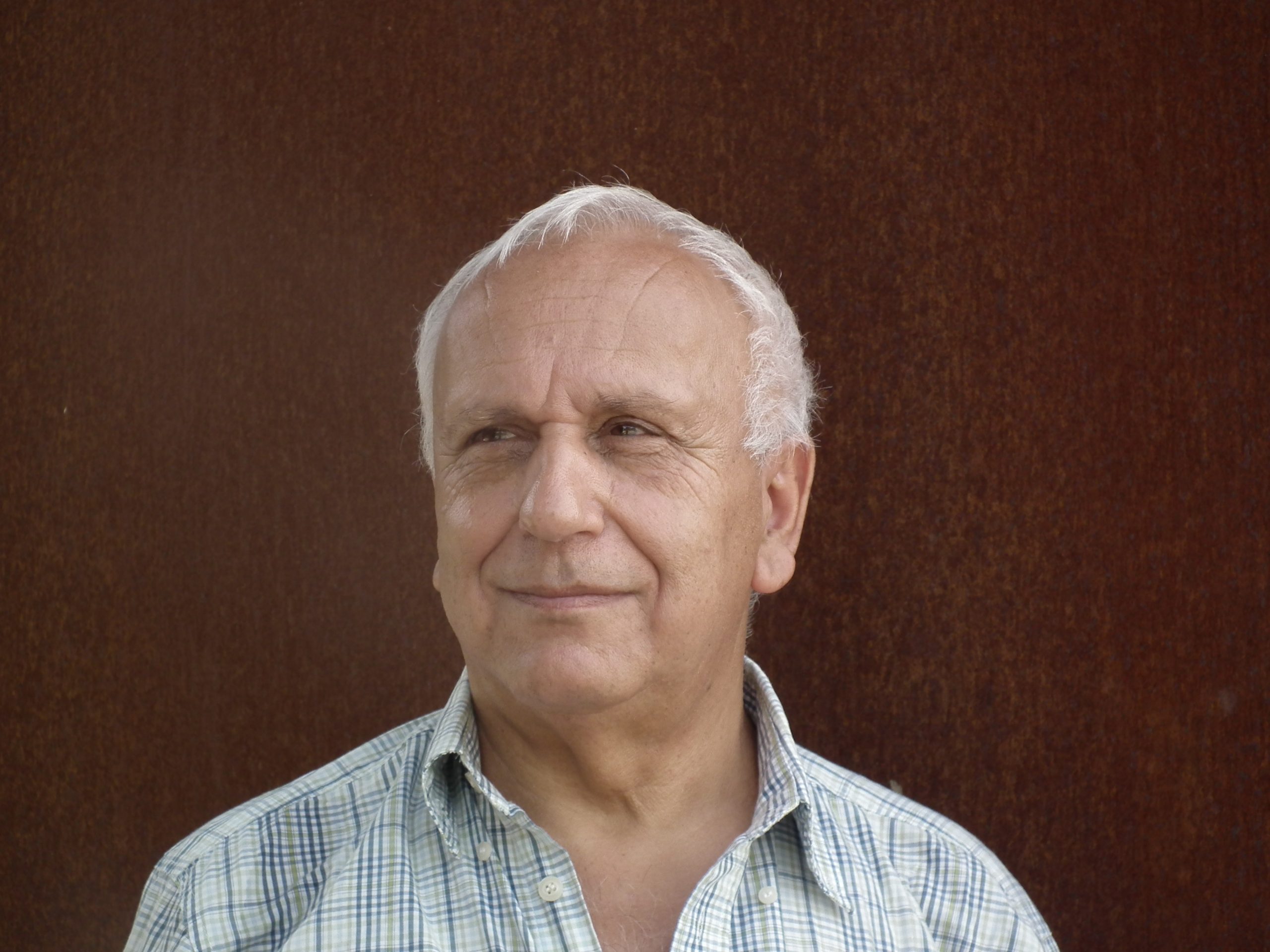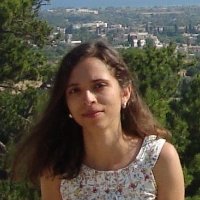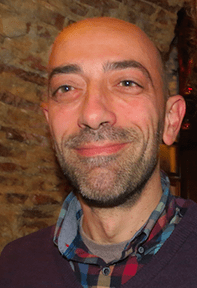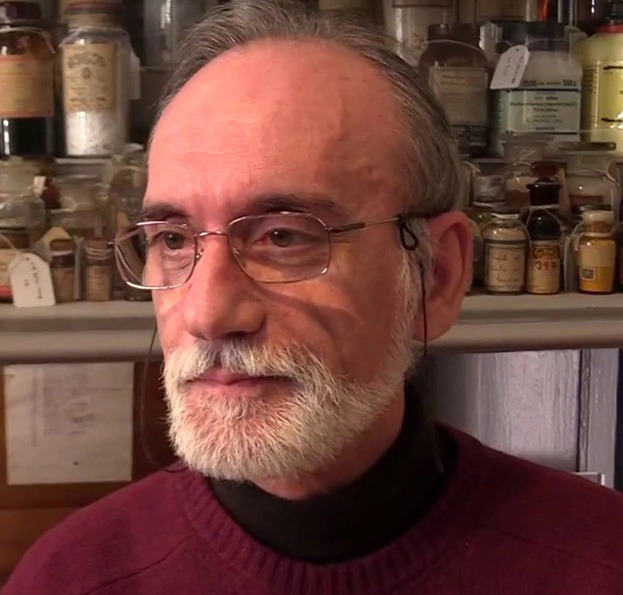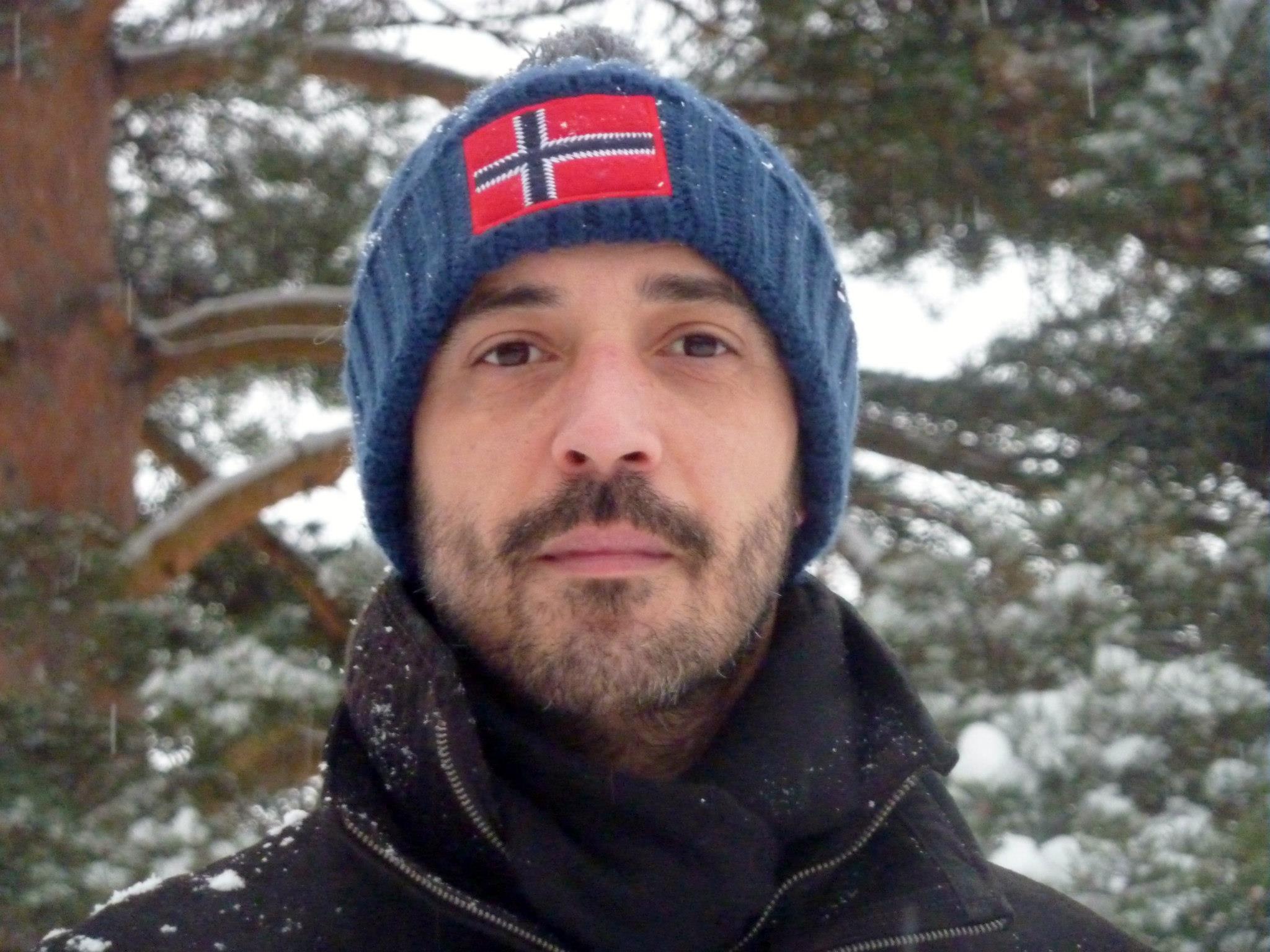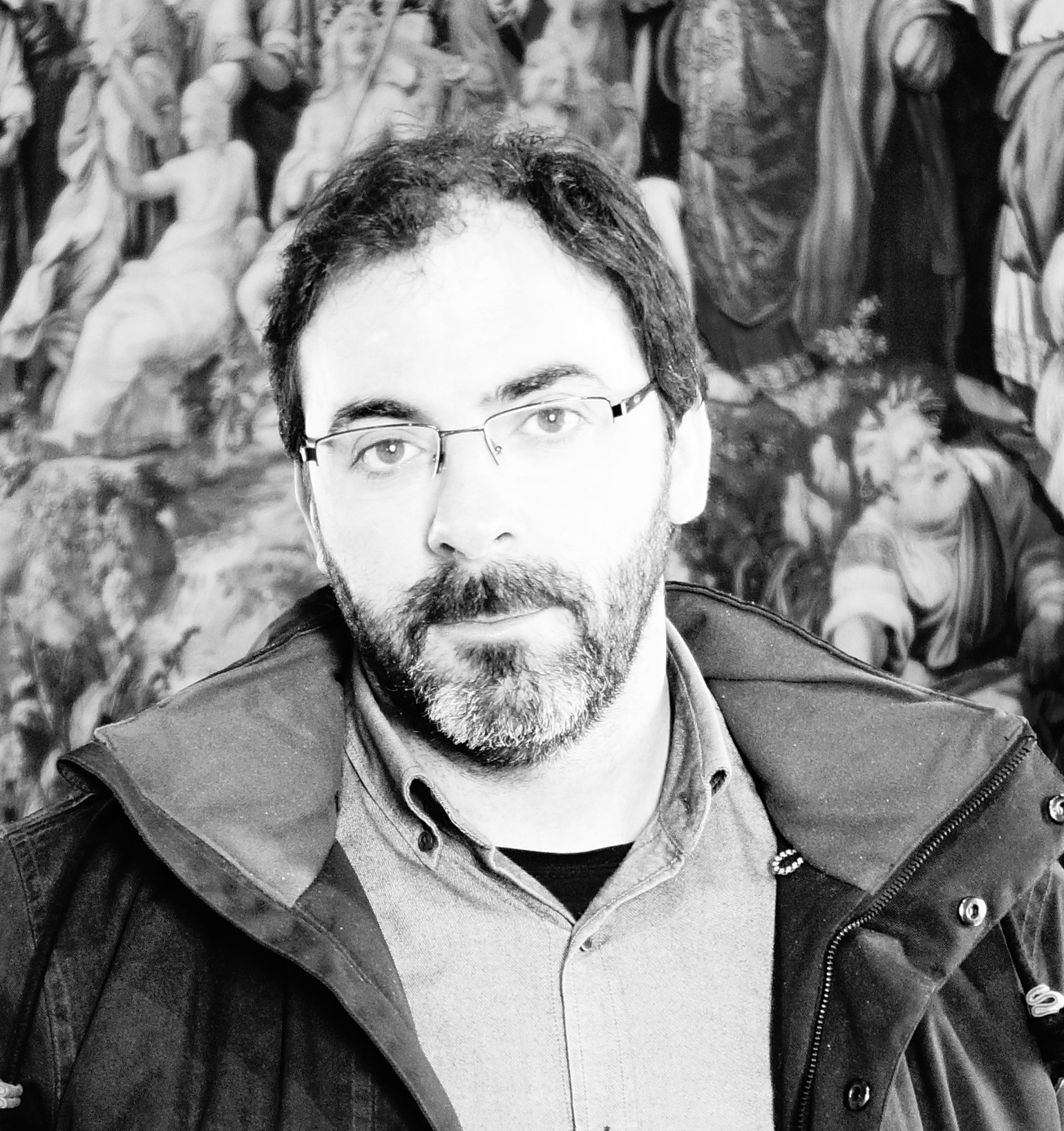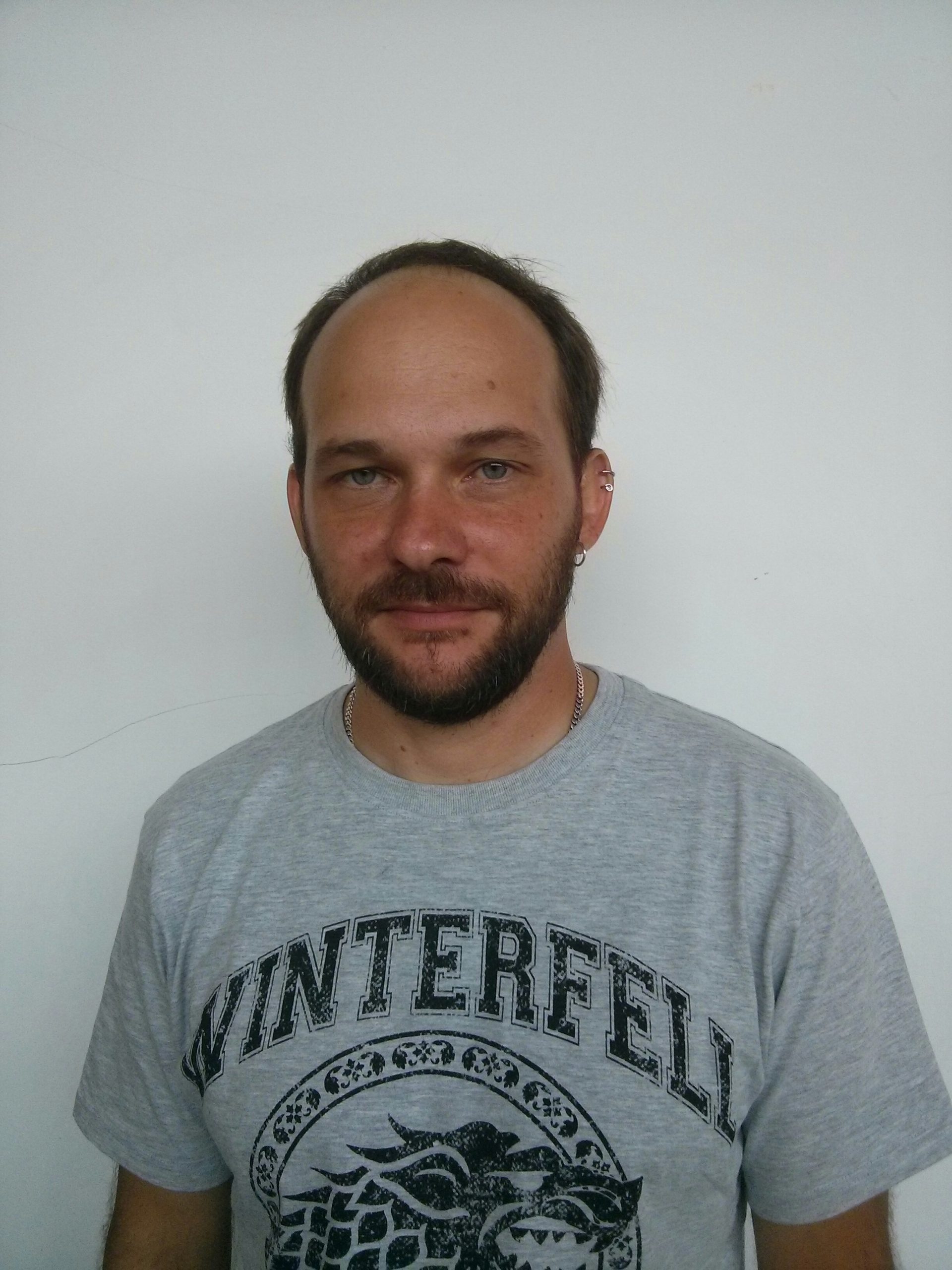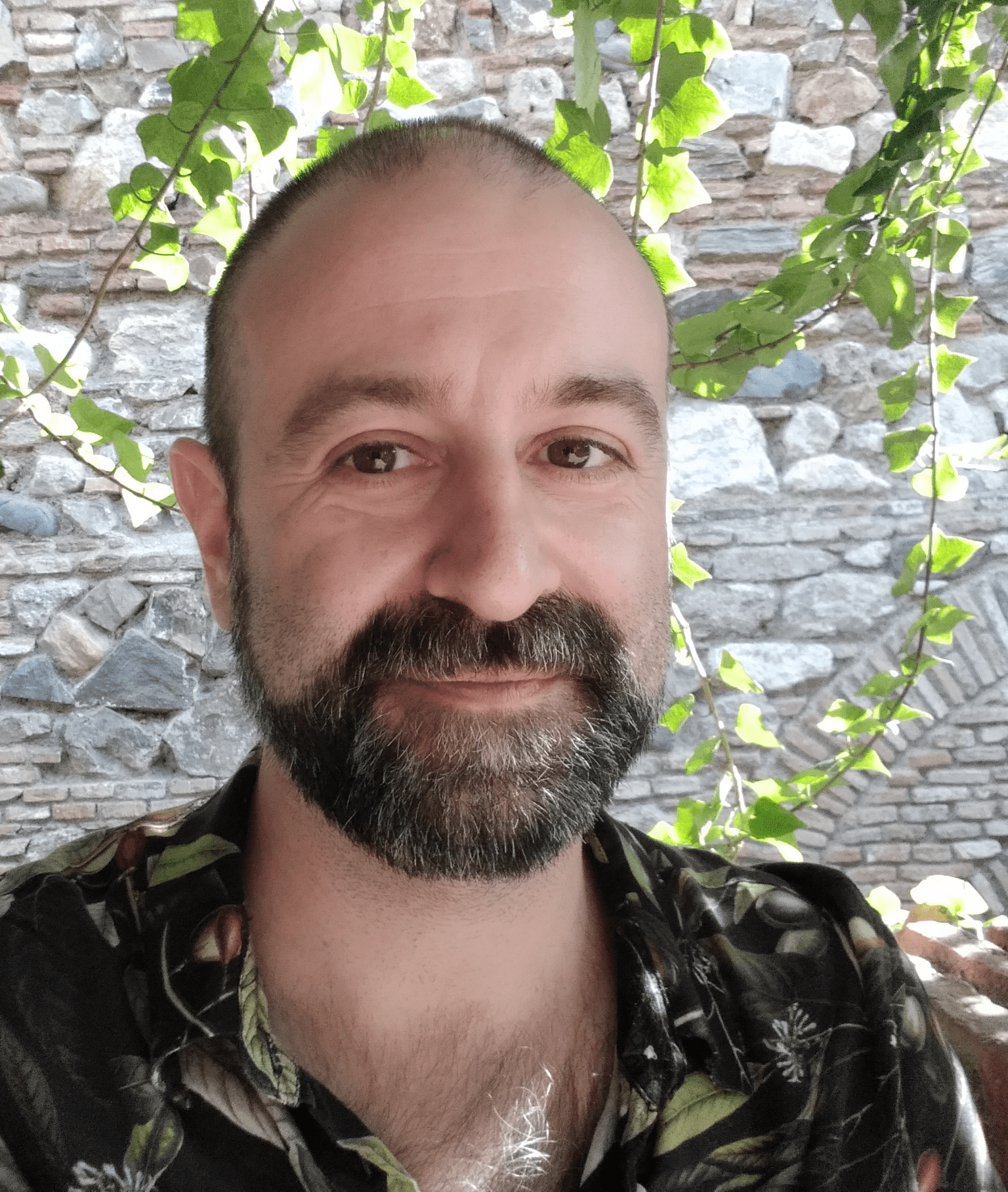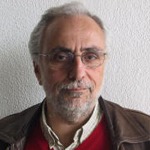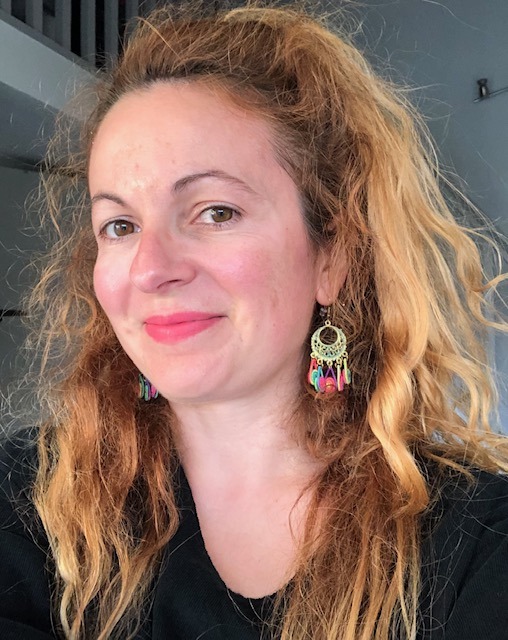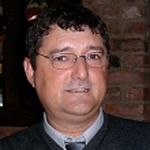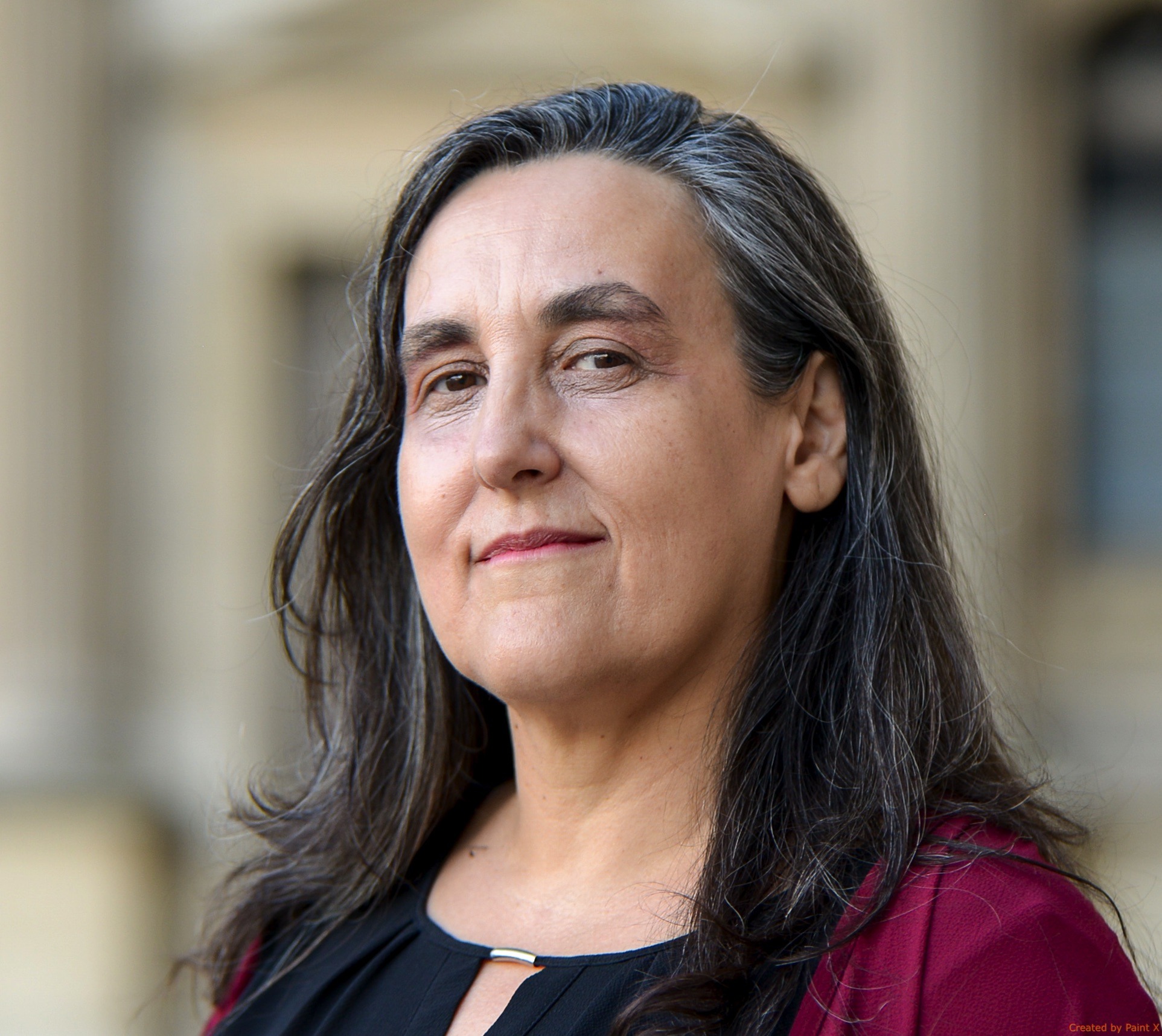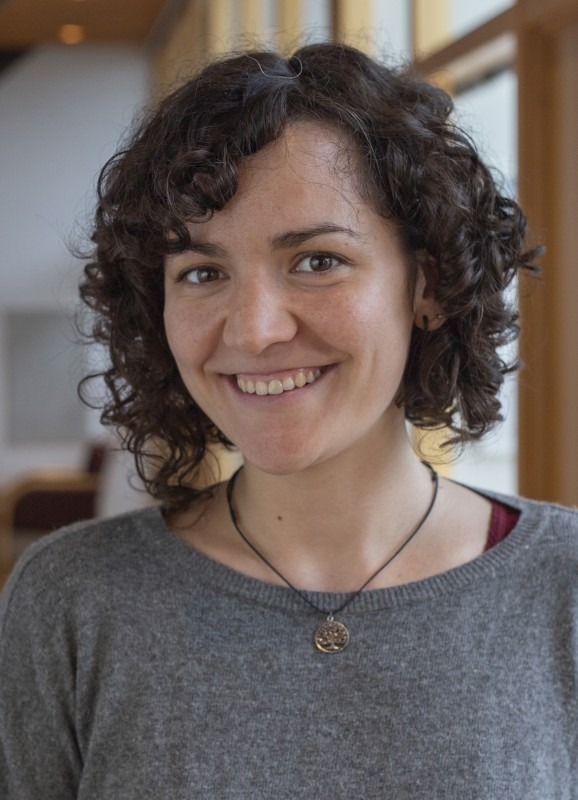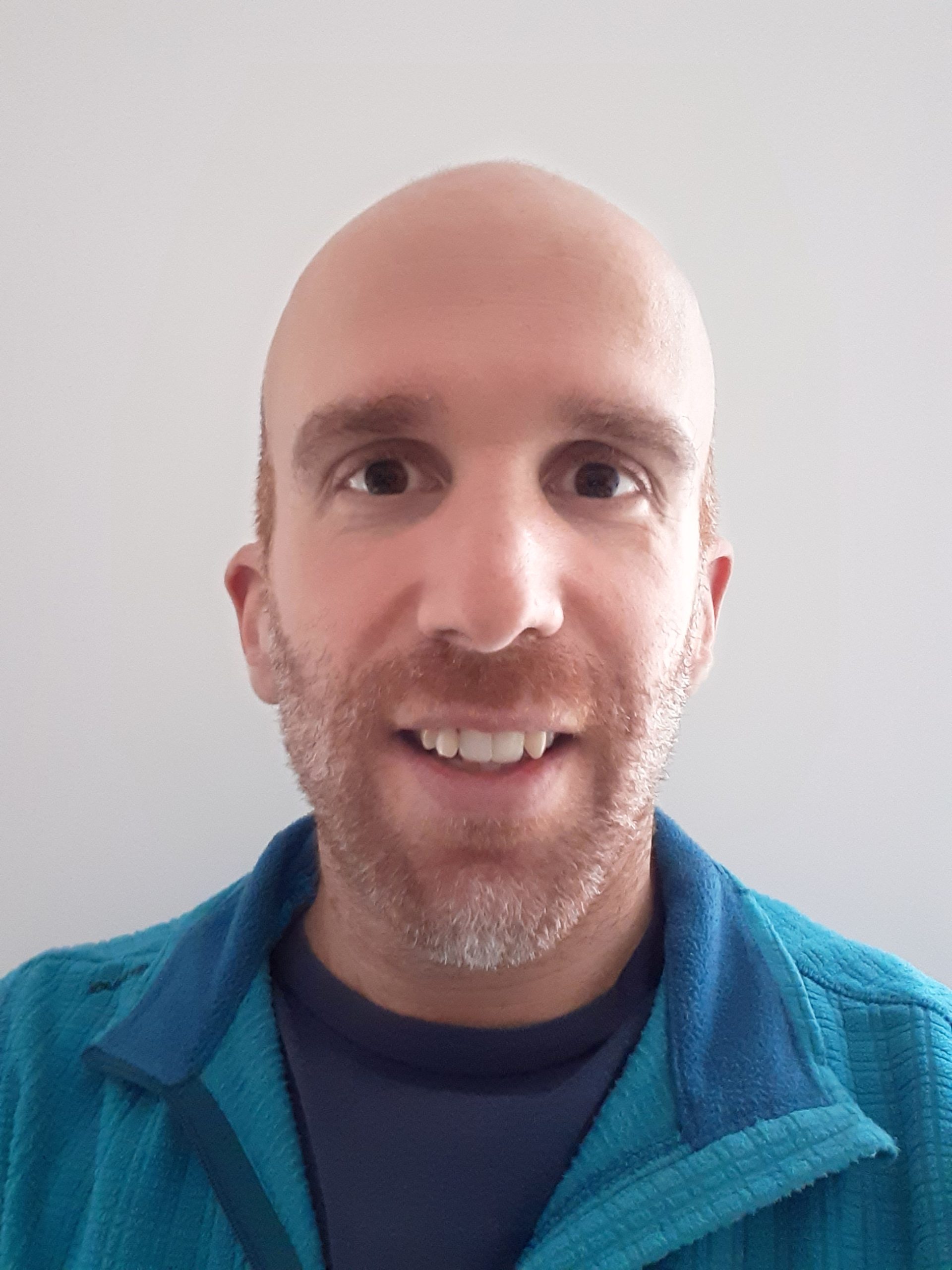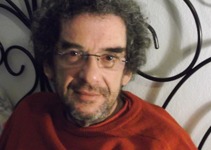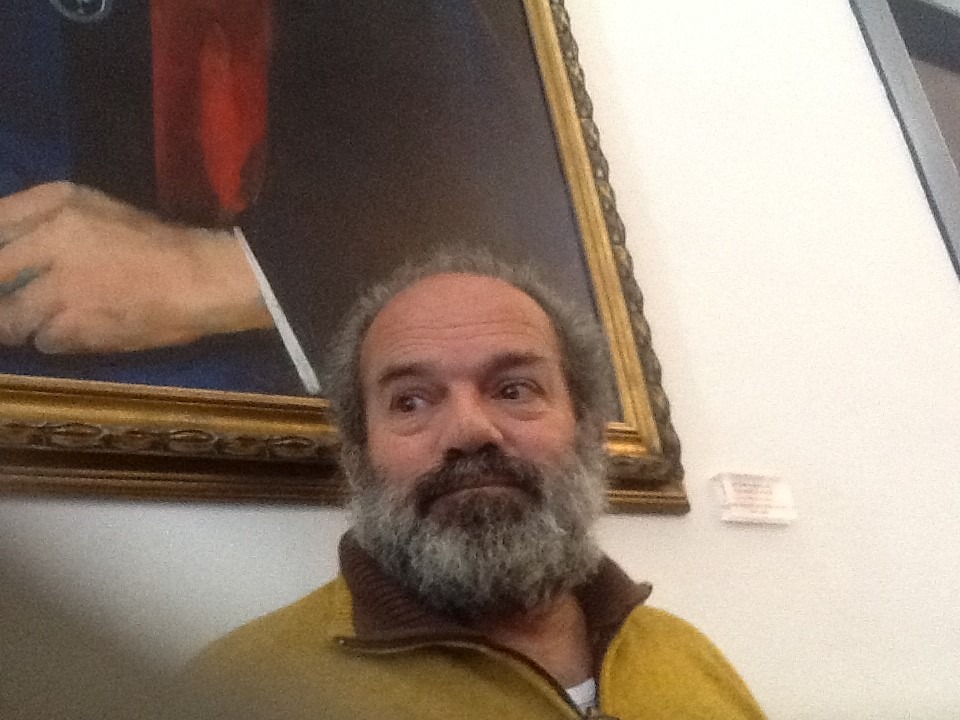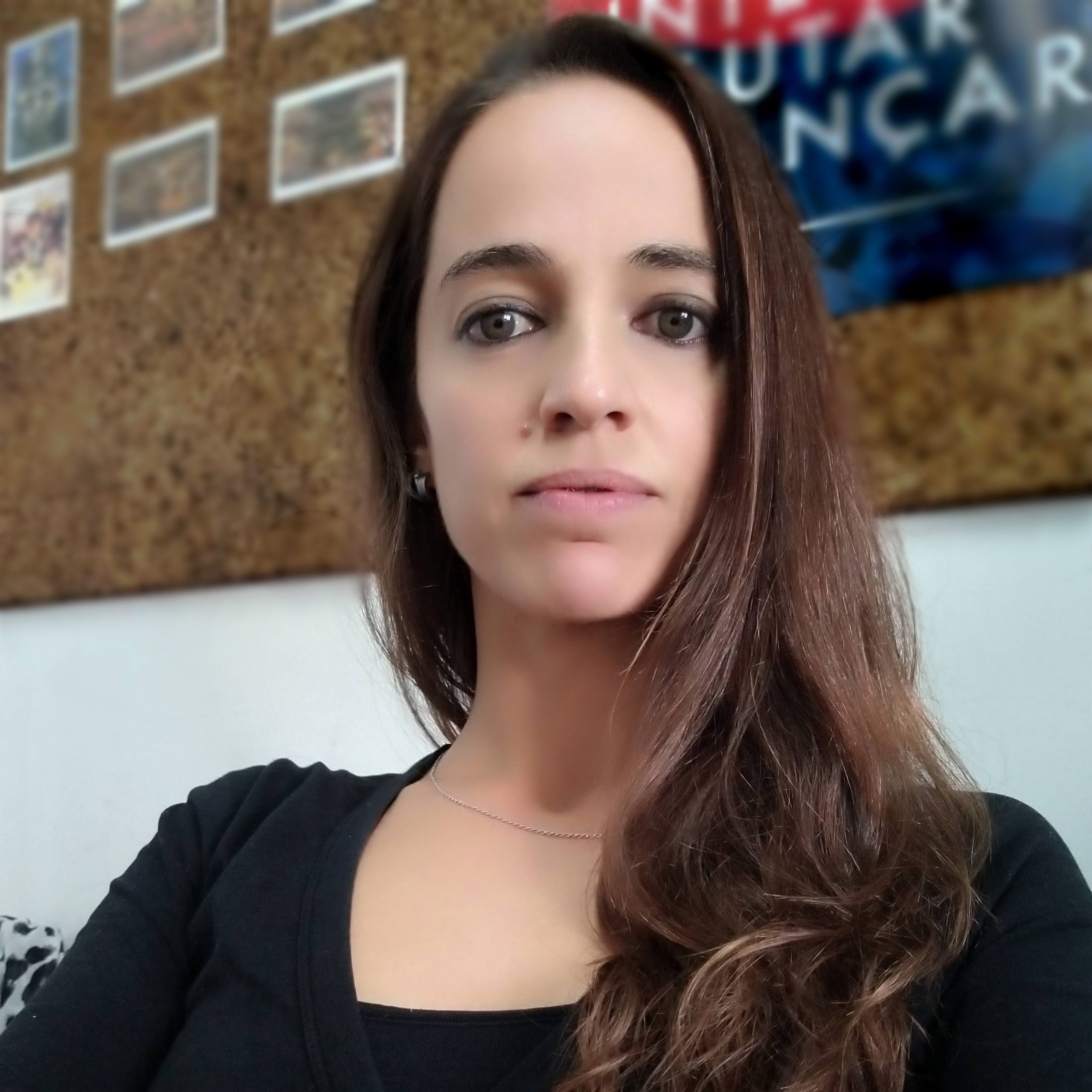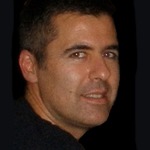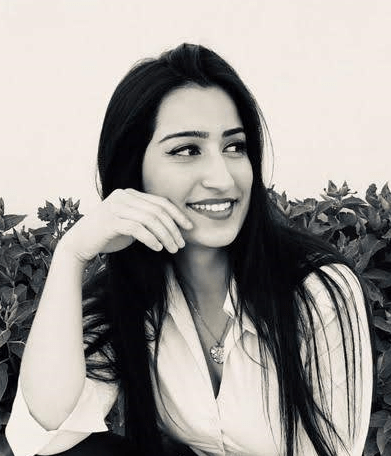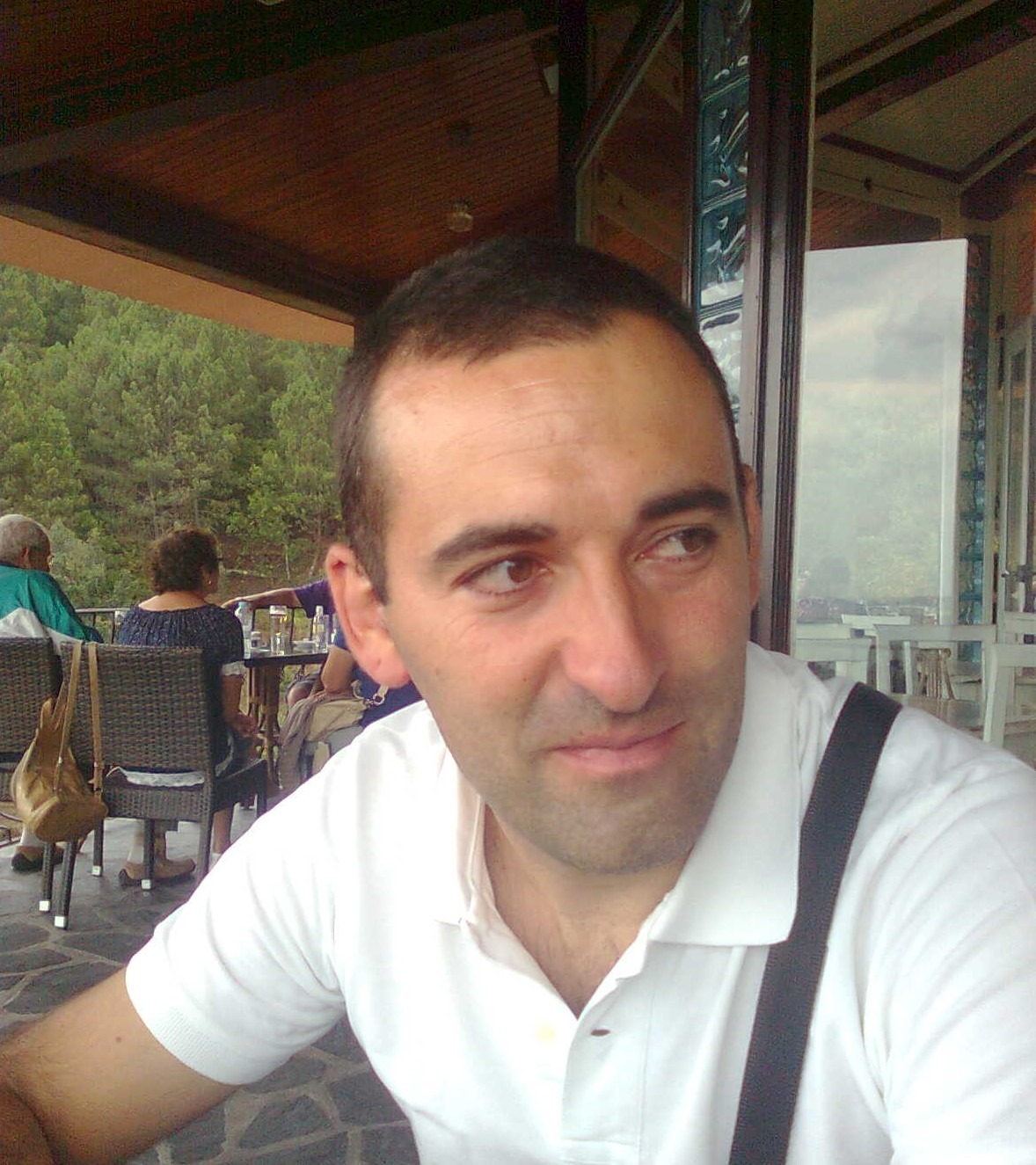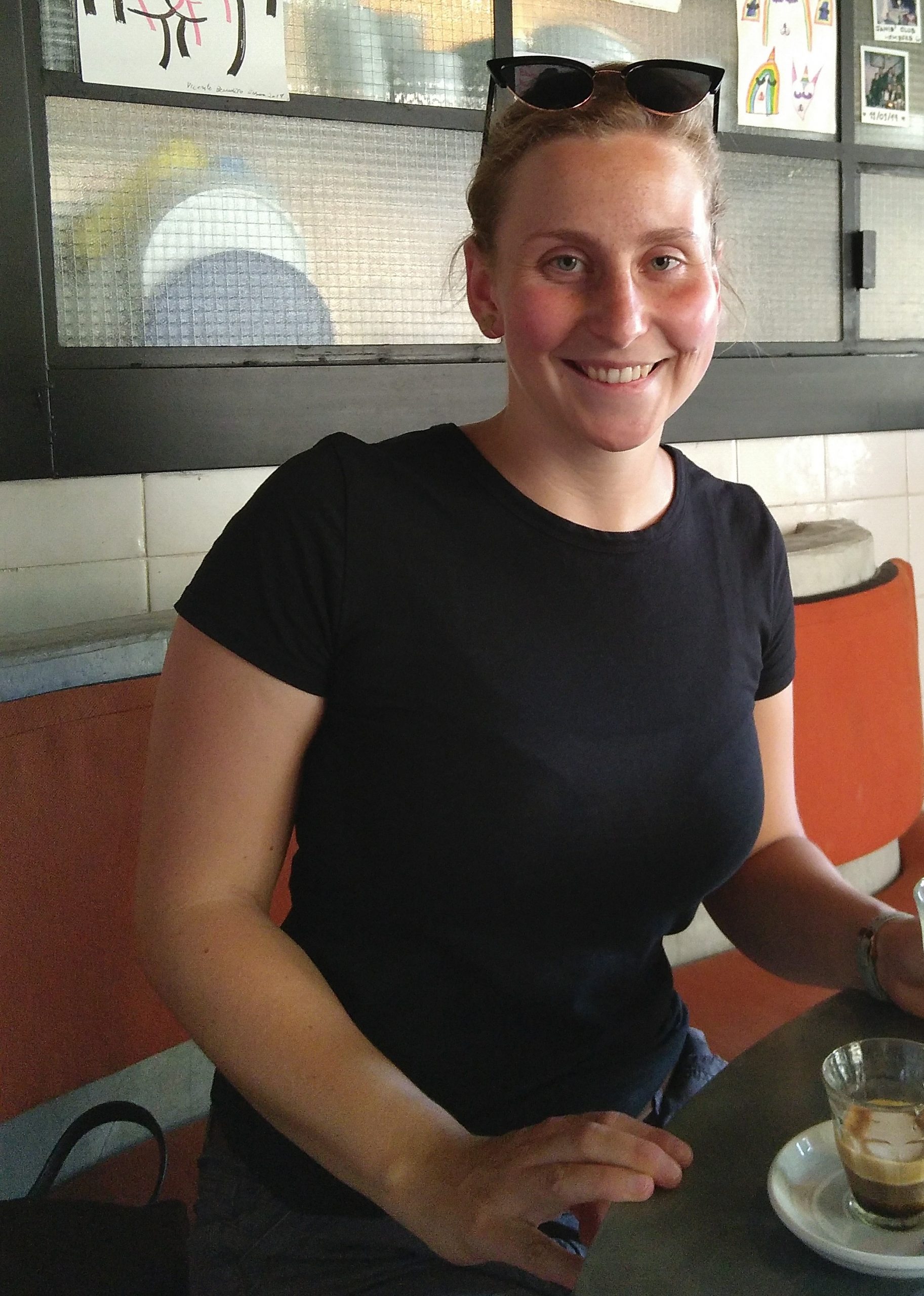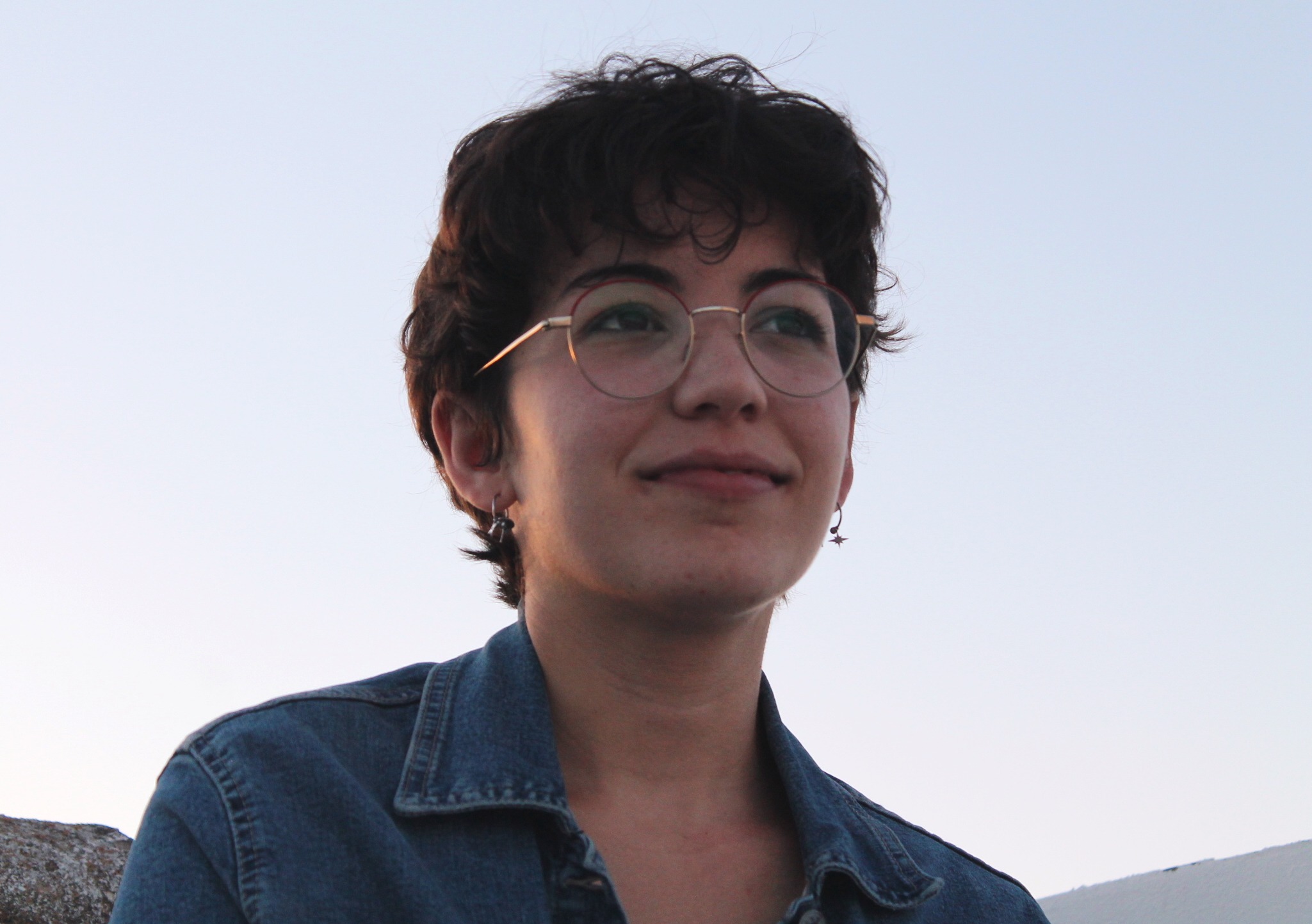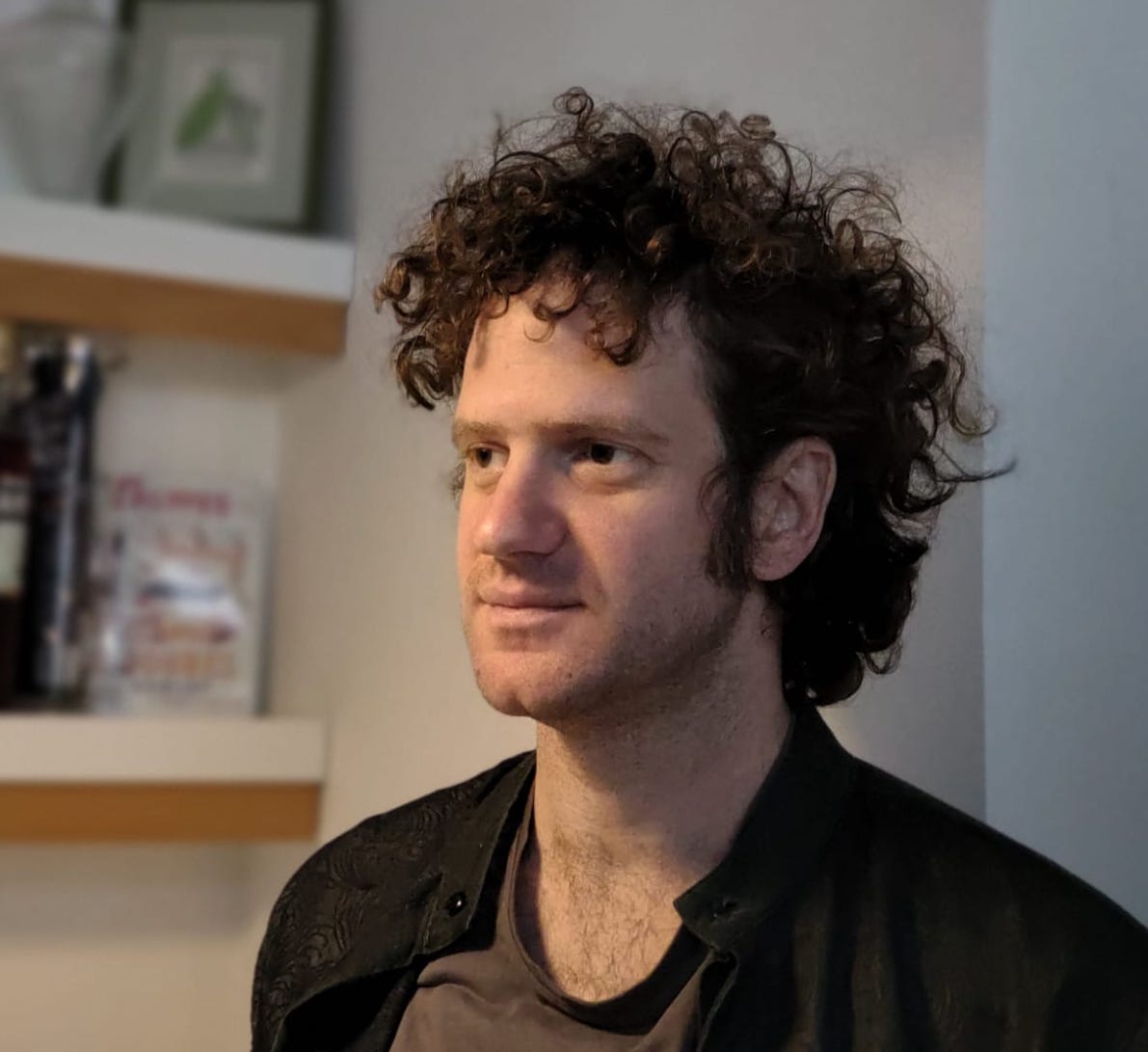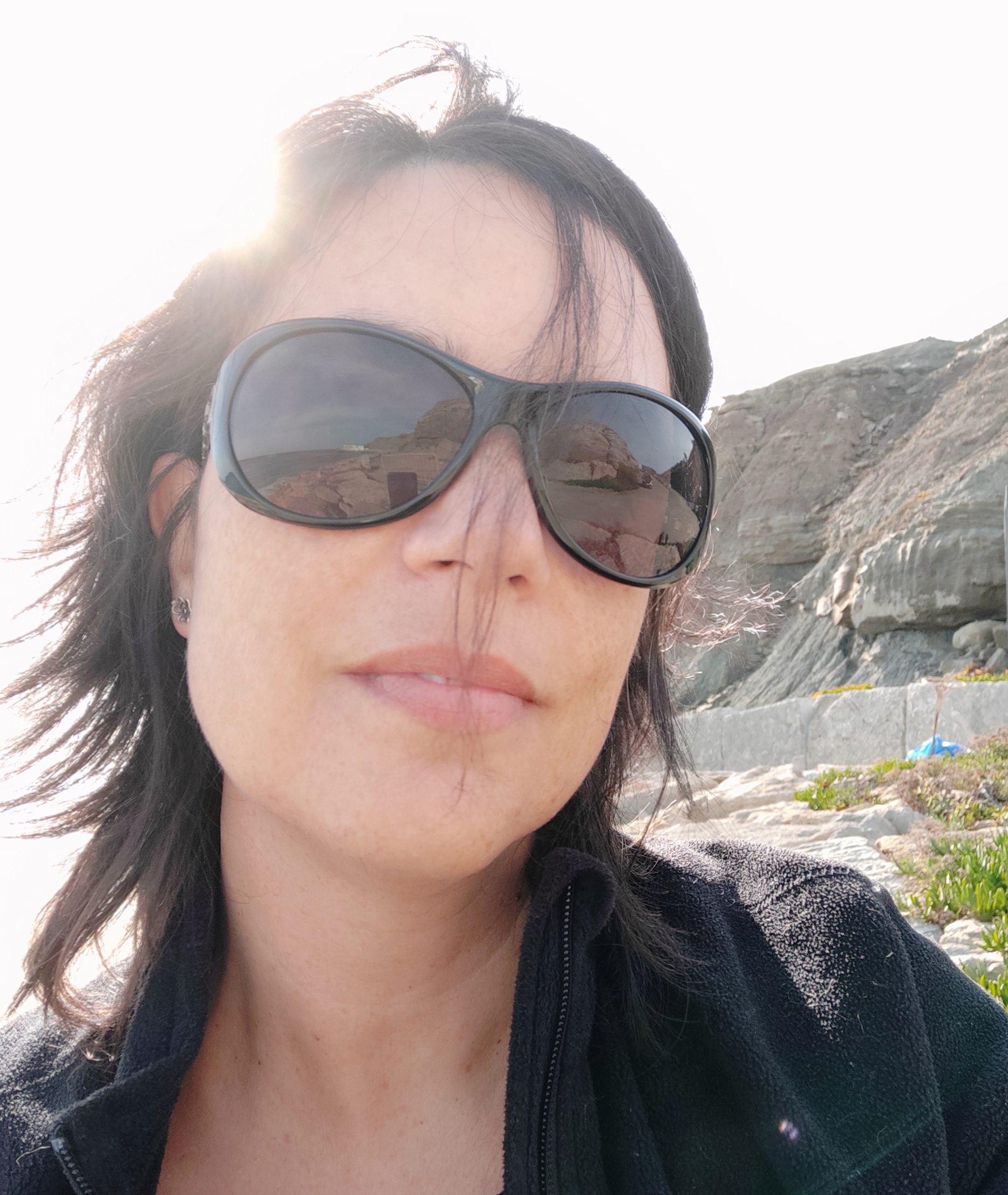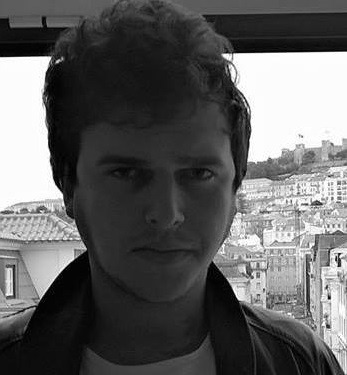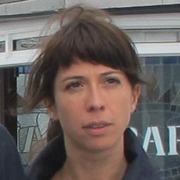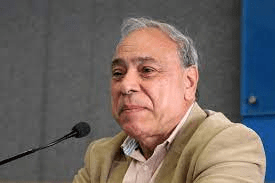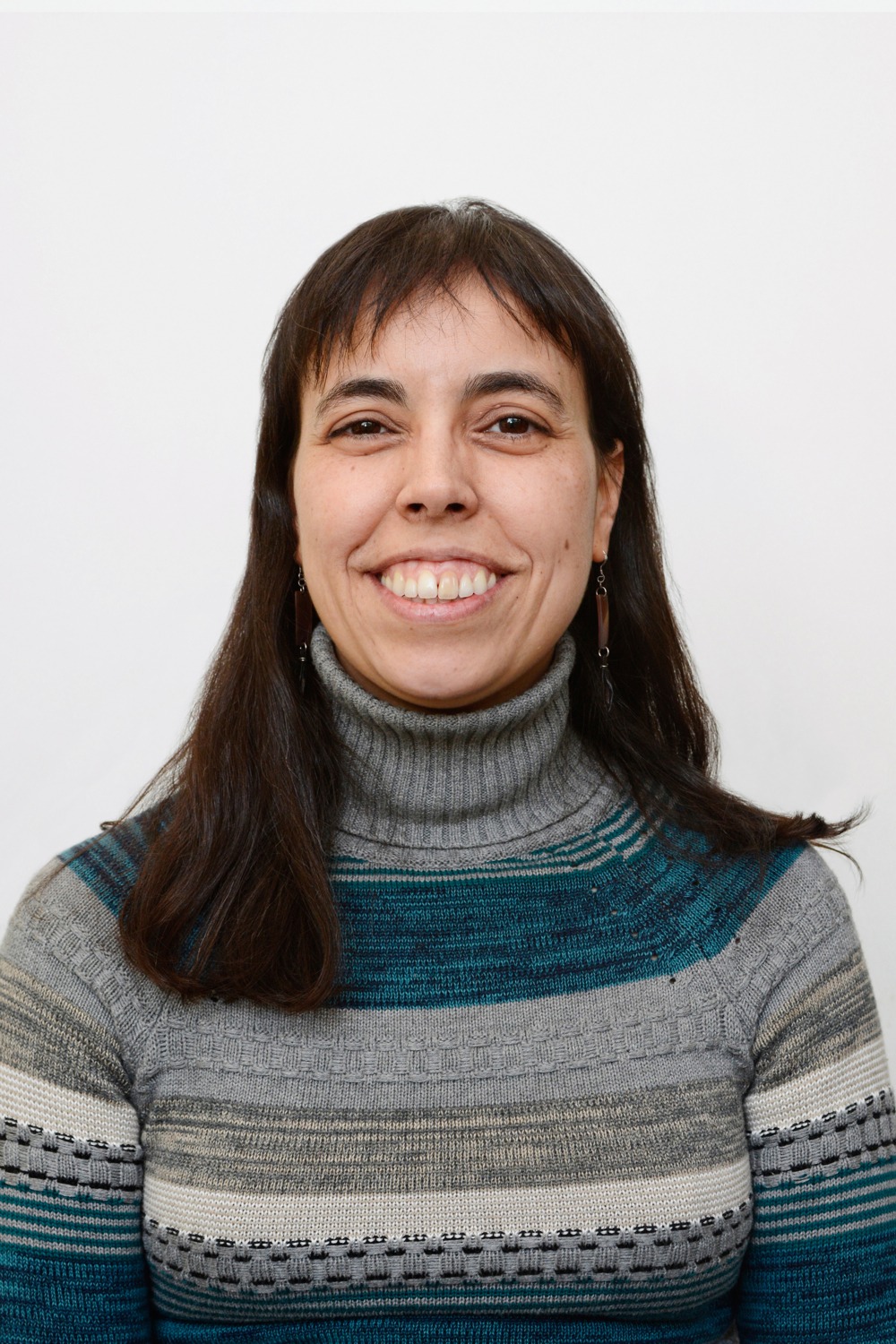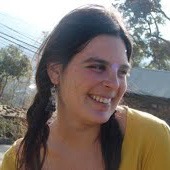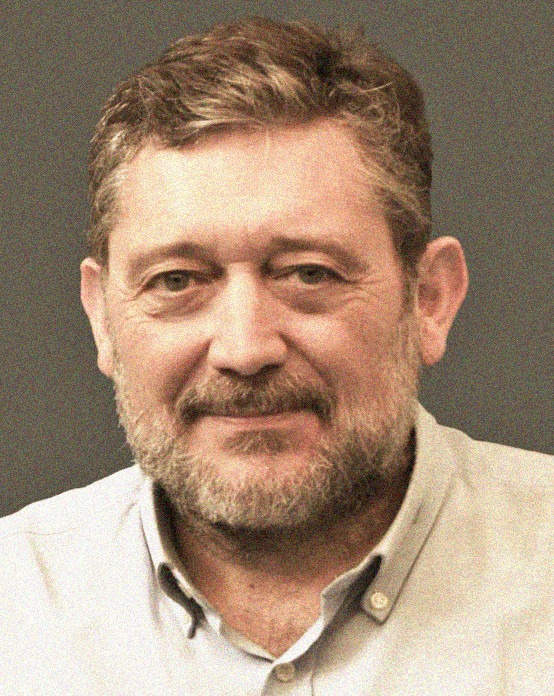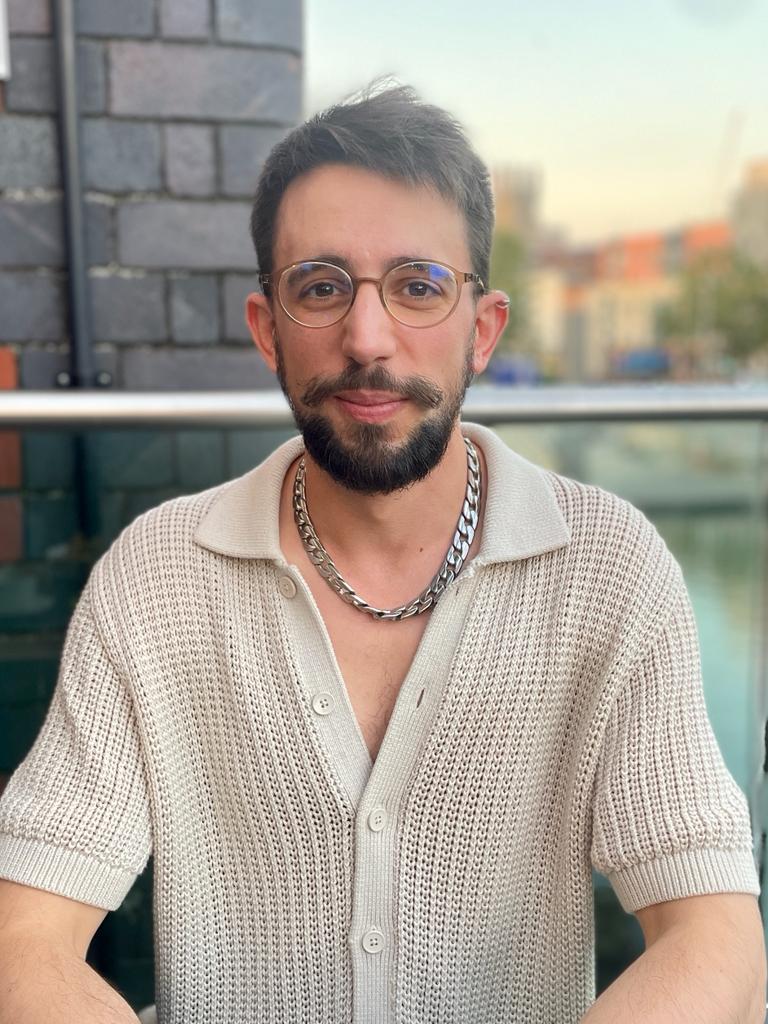O Grupo de Filosofia das Ciências Naturais cobre quatro áreas de pesquisa: 1) Filosofia da Física (FF); 2) Filosofia das Ciências da Vida (FCV); 3) Metafísica da Ciência (MC); 4) Filosofia da IA e da Computação (IAC)
O trabalho no âmbito de FF trata dos fundamentos da Mecânica Quântica, no contexto da teoria de onda-piloto de Louis de Broglie, investigando a possibilidade da existência de ondas subquânticas finitas e a formulação de uma teoria ondulatória unificada, descrevendo a realidade física a várias escalas.
O trabalho no âmbito de FCV incide sobre a Filosofia da Biologia tendo como temas principais a natureza da mudança evolucionária (modelos neutrais versus modelos de seleção natural) e a diversidade biológica (biodiversidade, problema da espécie, conceito de organismo biológico). Esta linha aborda também a natureza da cognição e da consciência em organismos naturais e artificiais (cognição 4E, processamento preditivo).
O trabalho no âmbito de MC dá continuidade aos estudos iniciados em 2015 sobre teoria da emergência e reducionismo, ontologia relacional e realismo estrutural ôntico, teoria da causalidade e fundamentalidade metafísica, dualidades e fundamentalidade, integrando a abordagem filosófica do espaço.
O trabalho no âmbito de IAC tem como objectivo o estudo de tópicos que vão da relação entre a mente e a implementação de procedimentos cognitivos em sistemas de deep learning, às implicações epistémicas, metodológicas e éticas da IA na sua relação com a Ciência.
Head:
Membros
Colaboradores
Projectos em curso
Projecto Financiado Nacional
Projecto Financiado Nacional
Projectos concluídos
Projecto CFCUL (financiado)
Projecto em Parceria (nacional)
2025
